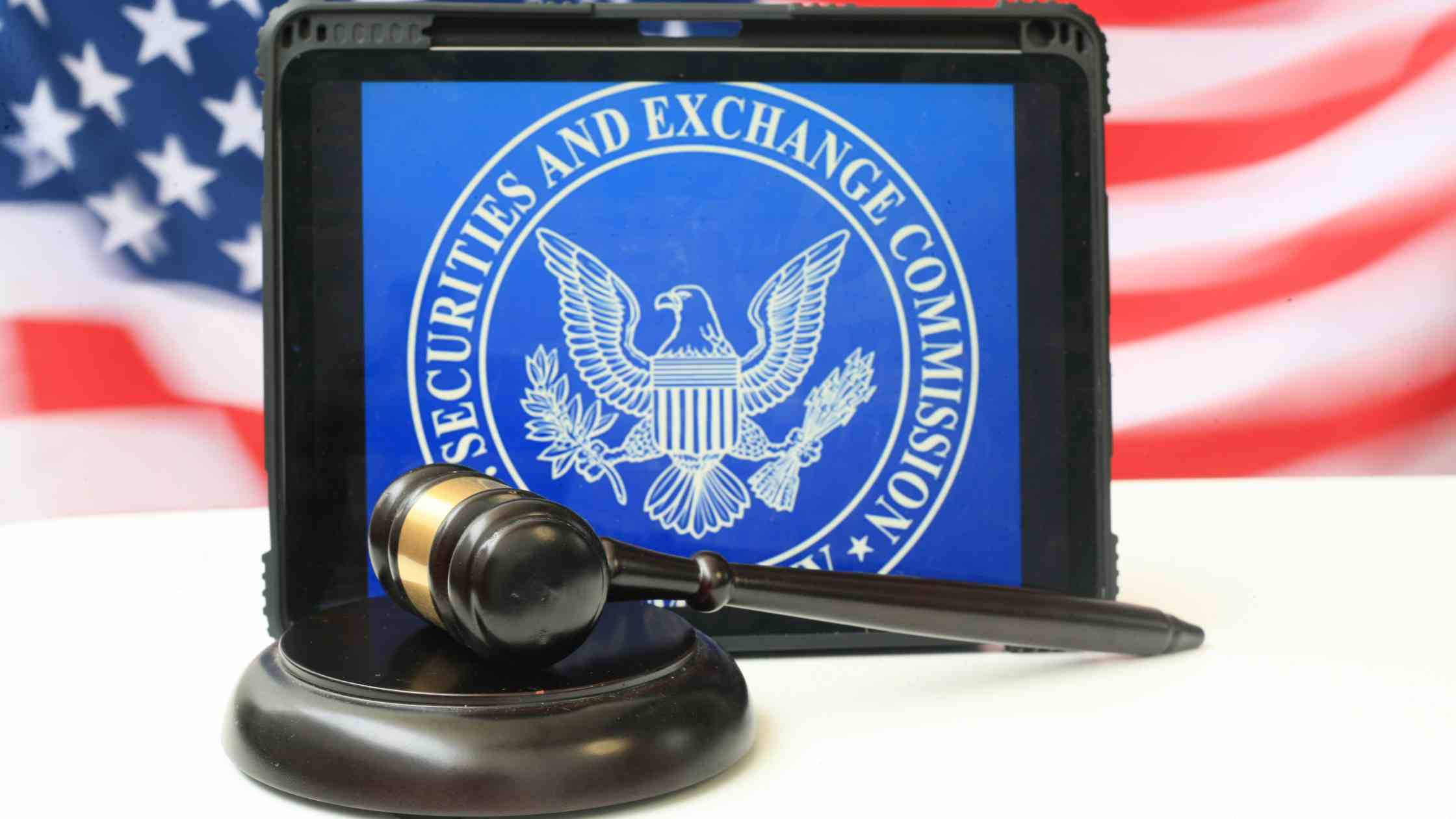The SEC's Record-Breaking Crypto Fines: A New Era of Enforcement?
The US Securities and Exchange Commission (SEC) is making headlines again, but this time, it's not for its inaction. A recent report revealed that the SEC has imposed a record $4.68 billion in fines on crypto firms in 2024, a staggering 3018% increase over the previous year. This dramatic shift in enforcement strategy has sent shockwaves through the crypto community, leaving many wondering what it means for the future of the industry.
The SEC's aggressive approach stems from a belief that most digital assets fall under securities rules, a stance that has sparked heated debates about the trajectory of crypto in the United States. While supporters of this approach argue that strong guidelines are necessary to safeguard investors and ensure market integrity, critics warn that the SEC's actions could drive crypto companies overseas and stifle innovation.
The Rise of Fines: A Look Back at the SEC’s Enforcement History
The SEC's enforcement strategy has evolved significantly over the past decade. Initially, fines were relatively modest, but as the crypto market grew, so did the penalties. This escalation is evident in the SEC's recent enforcement actions, which have intensified since 2018, when penalties first reached double digits.
In 2019, the SEC imposed a $1.24 billion fine on Telegram for conducting an unregistered token sale. This pattern of escalating fines continued, with Ripple Labs facing a $125 million penalty in 2021 for selling XRP as an unregistered security. In 2024, the SEC's fines hit a record high, with Terraform Labs and its co-founder, Do Kwon, settling for a massive $4.47 billion for selling unregistered securities and misleading investors.
The Terraform Labs Case: A Defining Moment
The SEC's $4.47 billion fine against Terraform Labs stands as the largest penalty ever levied on a crypto company. This case has become a focal point in the SEC's crackdown, demonstrating its commitment to holding crypto firms accountable for their actions. Notably, this fine eclipsed the previous record - a $4.3 billion settlement between the US Justice Department and Binance, along with its founder, in 2023.
The SEC's Focus on High-Profile Cases
The SEC's record-setting fines in 2024, particularly the Terraform Labs settlement, are indicative of a strategic shift toward fewer but larger fines. This strategy emphasizes the need for crypto firms to prioritize regulatory compliance, as the financial risks associated with violations have escalated.
A New Era of Crypto Regulation?
The SEC's aggressive enforcement actions have generated debate about the future of crypto regulation in the United States. Some see this crackdown as a necessary step toward ensuring investor protection and market integrity, while others believe it will stifle innovation and force crypto companies to relocate. The SEC's actions will undoubtedly continue to shape the landscape of the crypto industry, prompting further discussion about the balance between innovation and regulation.
The Crypto Community Responds: A Mixed Bag of Reactions
The SEC's crackdown has sent shockwaves through the crypto community, eliciting a wide range of reactions. Some have applauded the SEC's efforts to enforce regulations, viewing it as a step toward legitimacy and investor protection. Others have expressed concerns that the SEC's actions will stifle innovation and create an overly restrictive environment for crypto businesses.
The SEC's Continued Focus: A Look Ahead
The SEC's aggressive enforcement approach is likely to continue in the near future. The agency has made it clear that it intends to hold crypto firms accountable for their actions, particularly those involved in unregistered securities offerings. This means that crypto companies need to be aware of the SEC's regulatory landscape and take steps to ensure compliance.
Conclusion: Navigating the New Frontier
The SEC's record-breaking crypto fines mark a significant turning point in the relationship between the regulator and the crypto industry. The agency's heightened scrutiny underscores the growing importance of regulatory compliance for crypto firms. While the future of crypto regulation in the United States remains uncertain, the SEC's actions demonstrate a clear commitment to policing the industry and protecting investors.
The crypto industry is still evolving, and its future will likely be shaped by the interplay between innovation and regulation. As the SEC continues to play a more active role in overseeing this rapidly changing landscape, crypto companies will need to adapt and navigate this new frontier of regulatory compliance.

















